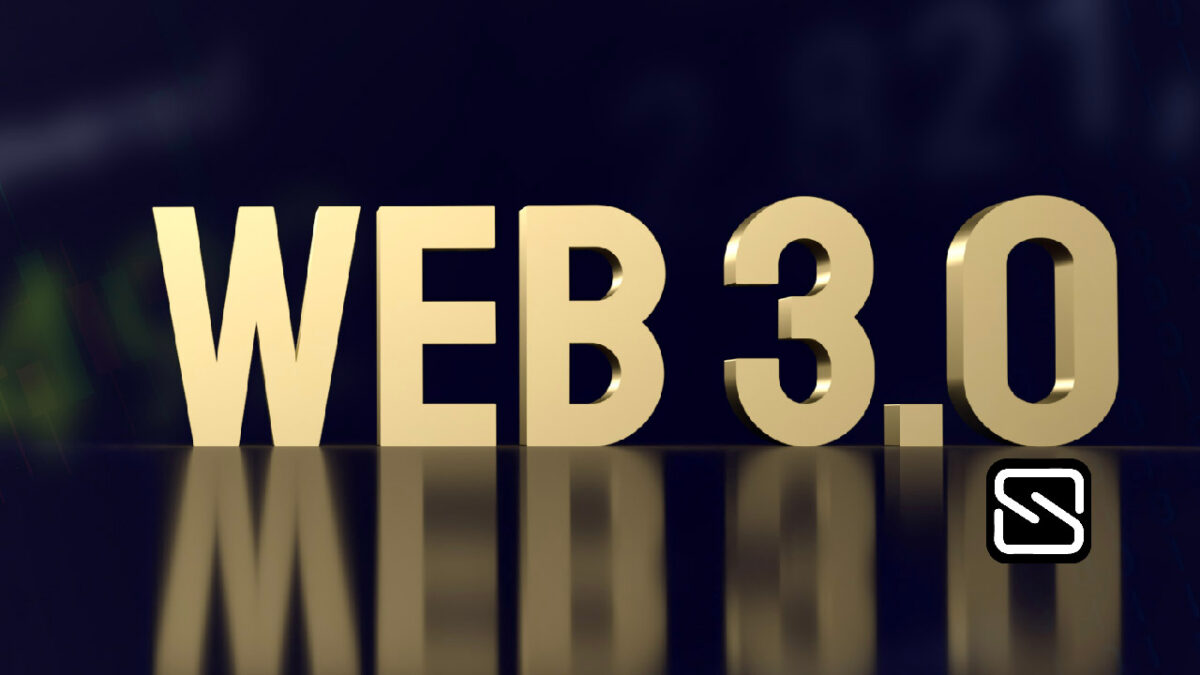The new phase of the digital financial system Web3 is booming throughout Africa. It is a broad movement aiming to make the web and the internet more decentralized, verifiable, and secure. Web3 is the vision of the serverless internet, the decentralized web. It is where users are in control of their own data, identity, and destiny. It includes crypto and blockchain.
Africa’s crypto market increased in value by more than 1,200 percent between July 2020 and June 2021, according to analytics firm Chainalysis. Africa had the world’s third-fastest growing cryptocurrency economy during that time, thanks to notably high adoption rates in Kenya, South Africa, Nigeria, and Tanzania. Chainalysis also observed that Africa is nearly at the top of the globe in terms of the percentage of total crypto transaction volume coming through peer-to-peer, indicating that African customers in crypto-unfriendly regimes are increasingly finding workarounds to explicit and implicit bans. Along with the overall growth in cryptocurrency trading and transactions in Africa, the last few months have witnessed an increase in activity from blockchain networks/protocols, venture capital firms, grant funders, governments, and others across the continent.
It appears that major blockchain networks are now witnessing new Africa-focused initiatives on a daily basis. Within the last year, Ethereum, Cardano, Stellar, Celo, and others appear to have been actively jockeying for a place to build and mold Africa’s emerging Web3 financial system. For example, the Ethereum Basis donated funds to a Kenyan insurance program that covers over 6 million farmers.
The Stellar Improvement Foundation also announced several initiatives, including a $30 million matching fund that has already invested in Afriex, an Africa-focused firm with customers in Nigeria, Ghana, Kenya, and Uganda, and most importantly blockchain boot camps for African startups. Another example is the Celo Foundation’s announcement of a number of initiatives, a pilot in Kenya with Mercy Corps Ventures to drive monetary inclusion amongst gig workers and equity-free grants to a number of African initiatives as part of its Wave IV Grant Program, support for various early-stage African firms via the Celocamp boot camp, and a Founders in Residence program. Celo also recently co-hosted a blockchain conference together with BiTKE, a Kenyan crypto blog. The conference aimed at expanding the Celo community in Africa.
Cardano has also been very busy all over the continent. Cardano CEO Charles Hoskinson has just recently returned from a visit to African countries, from South Africa to Egypt, where he discussed Cardano’s vision for the continent. Cardano also announced cooperation with Kenya’s Pezesha to build a “peer-to-peer monetary operating system.”
Several startups from different sectors have also stated their intention to use revenues from recent fundraises to deploy or explore Web3-related initiatives. For example, Carry1st, an African mobile gaming publisher, has recognized that “gaming content material is increasingly starting to combine with NFTs and cryptocurrencies,” according to its CEO, and has announced that it will use a portion of the funds raised in its most recent fundraising round to research Web3 play-to-earn gaming.
Various NGOs are also desperate to discover the chance Web3 presents for the continent. Mercy Corps, a non-profit humanitarian organization, recently announced the formation of a $1 million Crypto for Good fund to support blockchain-based initiatives that promote financial inclusion in Africa and other emerging countries. Similarly, the UNICEF Innovation Fund, a United Nations monetary vehicle focused on technology for the world’s next billion customers, is making equity-free cryptocurrency investments of up to $100,000 in African startups developing blockchain-based solutions that “have the potential to learn humanity.”
Even former Twitter CEO Jack Dorsey and international rap celebrity Jay-Z have joined. They recently launched the Bitcoin Belief Fund, a 500 Bitcoin (BTC) vehicle, and named four Africans to its board of directors to help define how the fund will be handled with a strong focus on the African continent.
Web3 Future in Africa
The brand new Web3 is delivering a multitude of options all across the world, and the consequences for the African continent are enormous. Given the current state of affairs and the rate of innovation across the continent, it’s evident that Web3 has a bright future in Africa.
